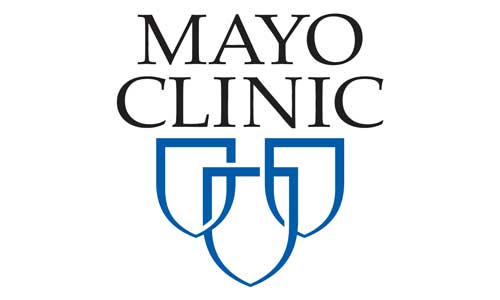What are hot flashes? What can contribute to hot flashes?
What are hot flashes?
Hot flashes are a sensation of the body suddenly feeling hot. They typically begin with an uneasy feeling, then feeling intensely hot in the face and/or upper body, then feeling hot all over. Before or during a hot flash, you may feel nausea, anxiety, rapid heartbeat, dizziness, and/or headache. You may experience flushing and sweating. They can be a distressing symptom and affect your quality of life, particularly when they interrupt sleep frequently.
Hot flashes are also called hot flushes or vasomotor symptoms. They may be called night sweats if they happen at night.
What can contribute to hot flashes?
Hot flashes are usually caused by hormone changes. They are common among people with cancer and may be side effects of cancer or treatment including surgery, radiation therapy, and some medications.1National Cancer Institute. Hot Flashes and Night Sweats (PDQ®)–Patient Version. July 29, 2021. Viewed April 9, 2023. They are more common in women but also occur in men with locally advanced or metastatic prostate cancer after medical or surgical removal of one or both testicles (orchiectomy).2Charig CR, Rundle JS. Flushing. Long-term side effect of orchiectomy in treatment of prostatic carcinoma. Urology. 1989 Mar;33(3):175-8.
Medical conditions
Natural menopause
Overweight or obesity
Cancer treatments
Tamoxifen
Aromatase inhibitors
Androgen deprivation therapy (ADT)
Other medical treatments
Surgical menopause from removal of ovaries
Gonadotropin-releasing hormones that stop ovaries from producing sex hormones (chemical menopause)
Orchiectomy (surgical removal of one or both testicles)
Estrogen
Opioids
Tricyclic antidepressants
Steroids
Lifestyle contributors to hot flashes
Evidence links each of these behaviors to increased risk of hot flashes in general, but not specific to people with cancer.3Jenabi E, Poorolajal J. The association between hot flushes and smoking in midlife women: a meta-analysis. Climacteric. 2015;18(6):797-801; Ahmadieh H, Jradi N. Prevalence of menopausal hot flashes in Lebanon: a cross-sectional study. International Journal of Reproductive Biomedicine. 2021 Oct 10;19(9):789-800.
- Drinking tea
- Eating spicy food
- Regularly eating fruits and vegetables
- Smoking cigarettes
Helpful links
Learn more
References

